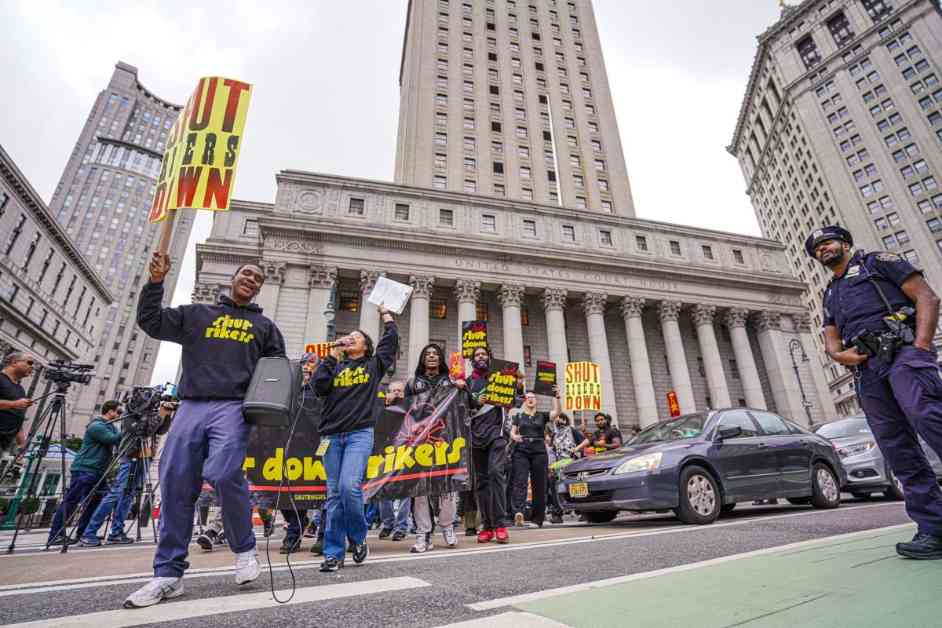Criminal justice advocates and social justice advocates joined forces in Lower Manhattan on Wednesday to renew their call for the closure of Rikers Island. The gathering came as a federal court considers whether to hand over control of the troubled penal facility to an independent monitor. The looming decision has sparked renewed urgency among those pushing for reform within the criminal justice system.
Rally for Closure
The rally, organized by organizations like the Katal Center for Equity, Health, & Justice, saw advocates march from City Hall Park to Foley Square. Speakers at the event highlighted the deteriorating conditions at Rikers Island, despite efforts by the Adams administration and the federal government to address longstanding issues.
One detainee at Rikers Island, Curtis Brown, spoke out about the deplorable conditions he and others are facing. “The conditions are dirty, the shower area, the living area is awful. The medical staff, they do not attend to our needs,” Brown shared during a phone call. His testimony shed light on the ongoing struggles faced by inmates on the island.
Federal Intervention
The federal court, presided over by Judge Laura Taylor Swain, is currently deliberating on whether to hold the Adams administration in contempt for failing to address the problems at Rikers Island adequately. The possibility of a federal receiver taking over the facility looms large as concerns over inmate deaths and human rights abuses persist.
With eight inmate deaths already reported in 2024 and claims of worsening living conditions, calls for federal intervention have grown louder. Elected officials like Brooklyn Assembly Member Emily Gallagher have witnessed firsthand the dire circumstances at Rikers Island. Gallagher expressed her shock at the treatment of detainees, emphasizing that no one deserves to be subjected to such inhumane conditions.
Legal Challenges
The Legal Aid Society and other advocacy groups have been vocal in their criticism of the Adams administration’s handling of Rikers Island. Allegations of brutality by staff members against incarcerated individuals have prompted legal action, including the filing of a class-action lawsuit in 2012. The ongoing legal battles underscore the deep-rooted issues plaguing the correctional facility.
As the hearing before Judge Swain continues, the fate of Rikers Island hangs in the balance. The decision to potentially hand over control of the facility to a federal monitor carries significant implications for the future of the island and its inmates. The outcome of the hearing is eagerly awaited by all parties involved.
In conclusion, the renewed call for the closure of Rikers Island reflects a growing consensus among advocates and officials that drastic action is needed to address the systemic issues within the city’s correctional system. The push for reform is driven by a commitment to justice and human rights, with the hope that closure and meaningful change can finally be realized for the inmates of Rikers Island.

